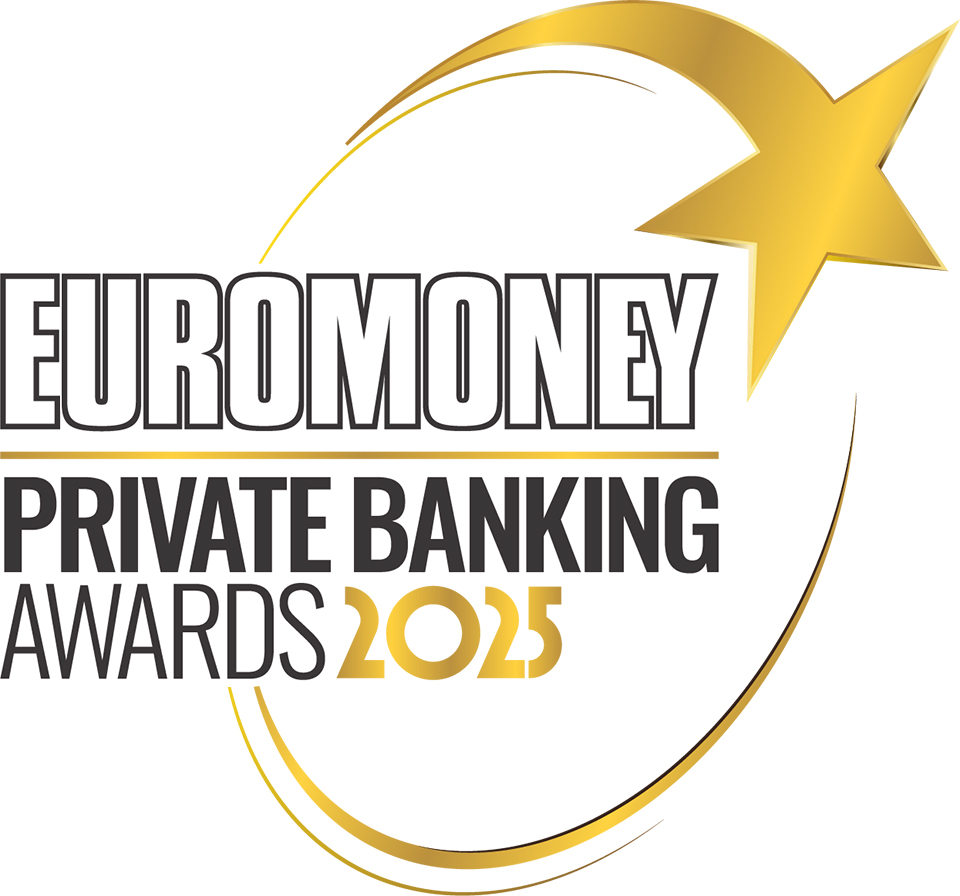The Bank of Georgia stands out for its impressive online banking services designed to improve the client experience.
Wealth management clients benefit from a continuously updated internet banking solution that offers digital onboarding, preferential currency exchange rates, exclusive personalised offers and brokerage account access.
By leveraging machine learning technologies, the bank can better identify potential clients and anticipate their needs, offering them tailored financial solutions such as investment loans, loyalty programmes and exclusive experiences.
The email banking service provides clients with direct access to their private banker, who can assist with a range of banking services, including domestic and international fund transfers, loan and credit card management, modification of automated payment services and custody account monitoring.
To further enhance client relationships, the bank has introduced a reward system in the mobile app, where customers can earn ‘badges’ based on completed transactions, unlocking exclusive offers and rewards.
Bank of Georgia is committed to delivering a hyper-personalised experience, allowing clients to customise their mobile banking interface with preferred themes, colours, logo variations and pre-login visuals.

